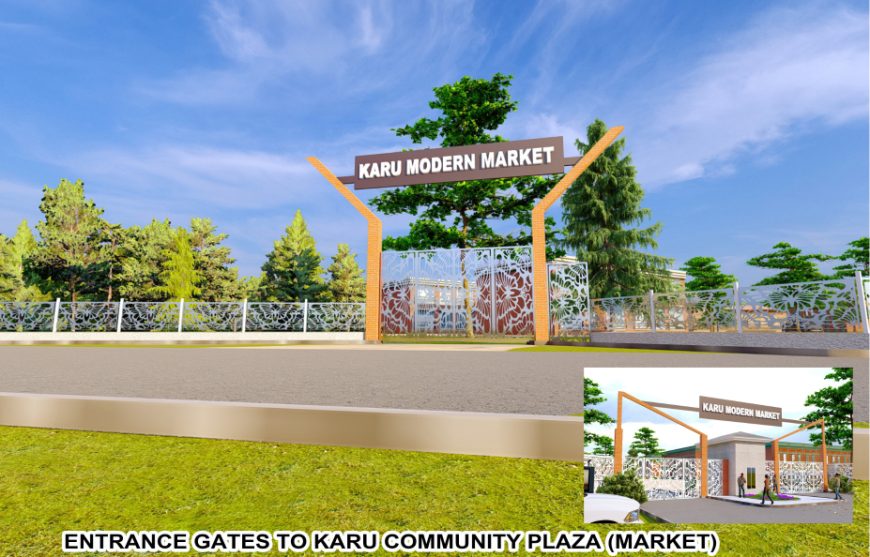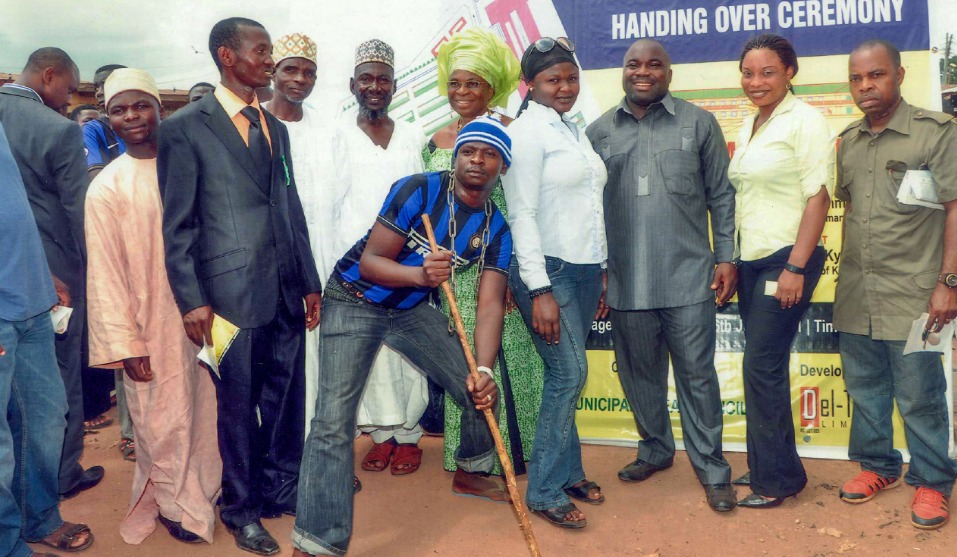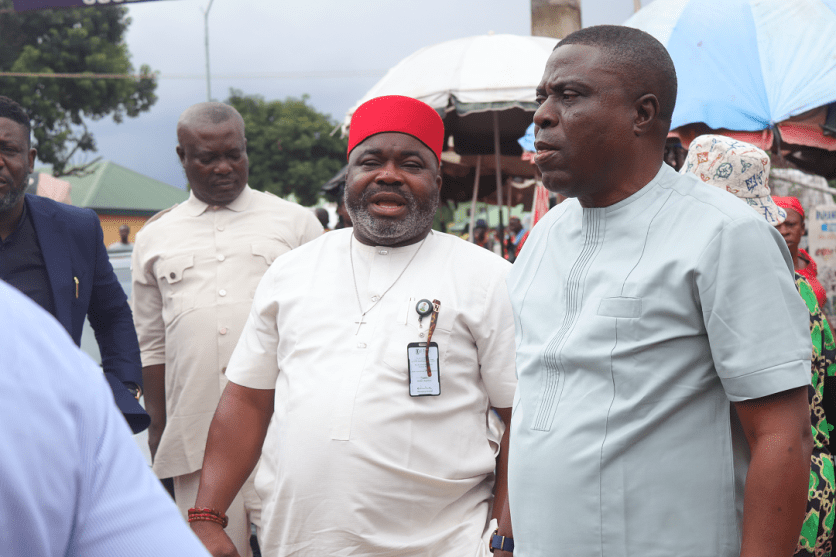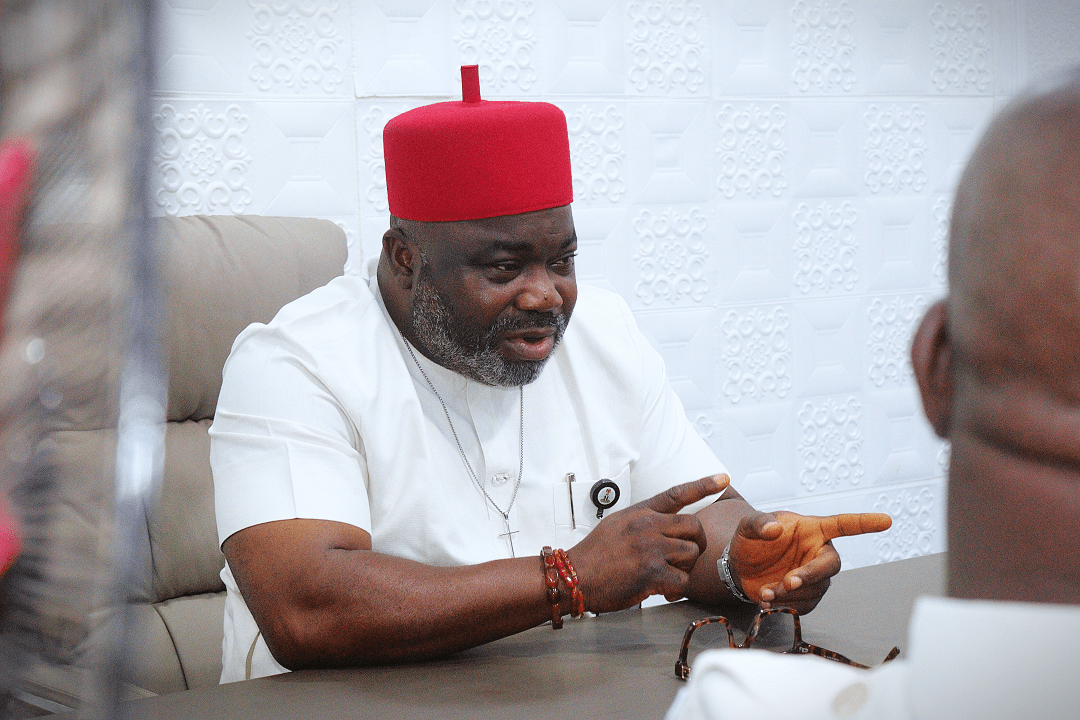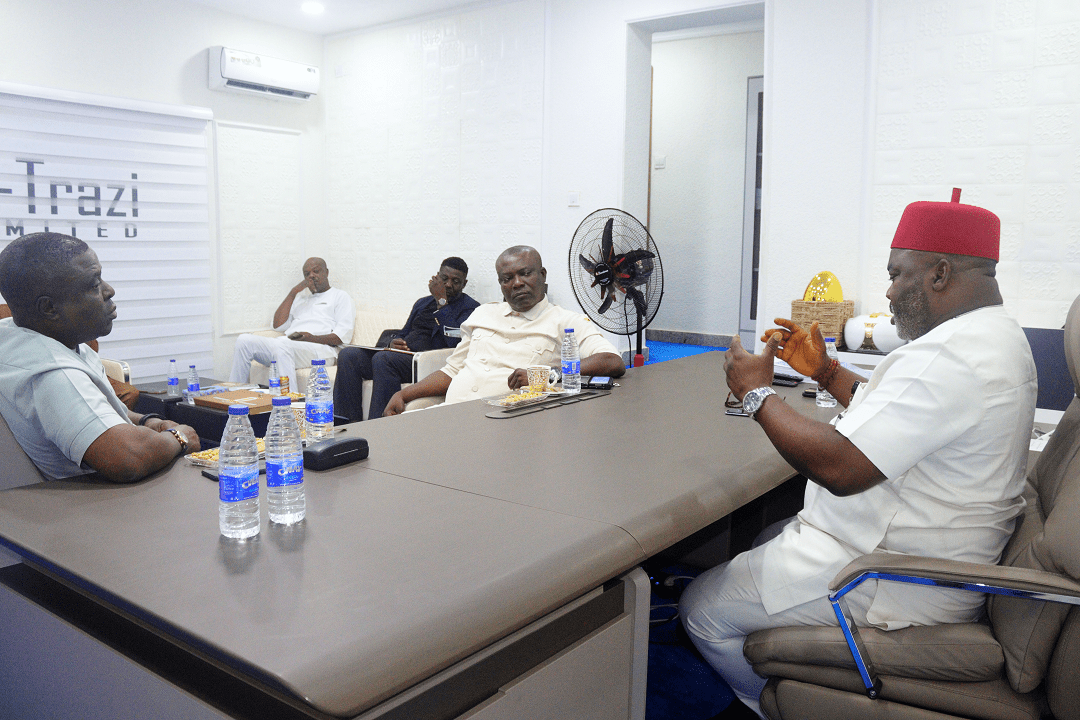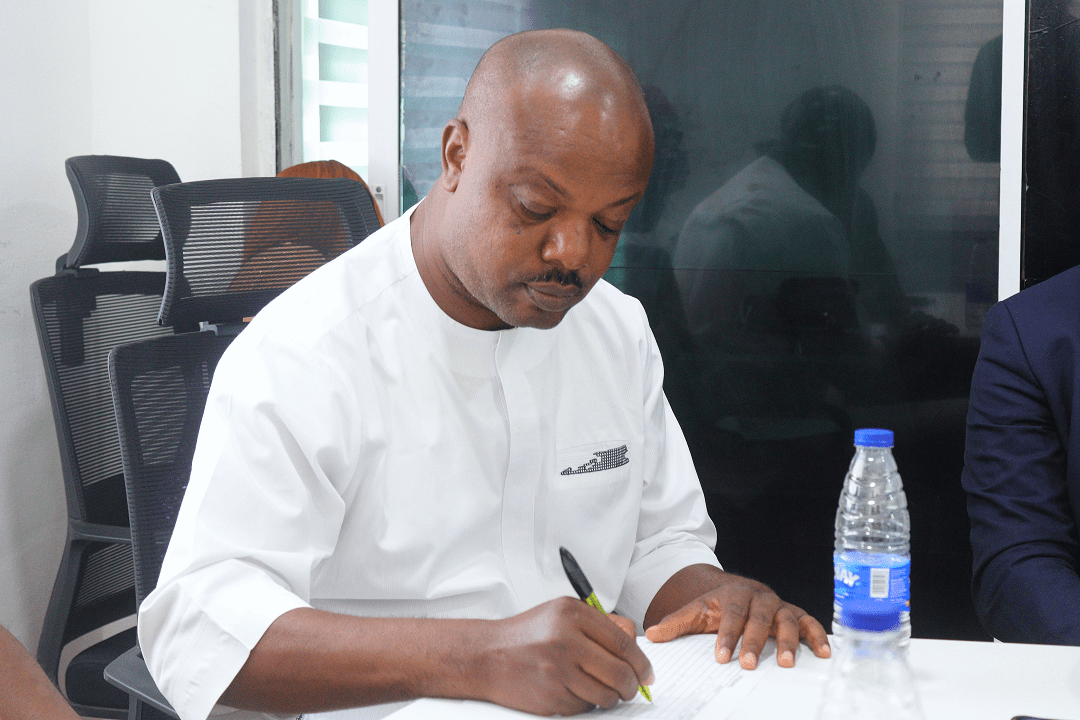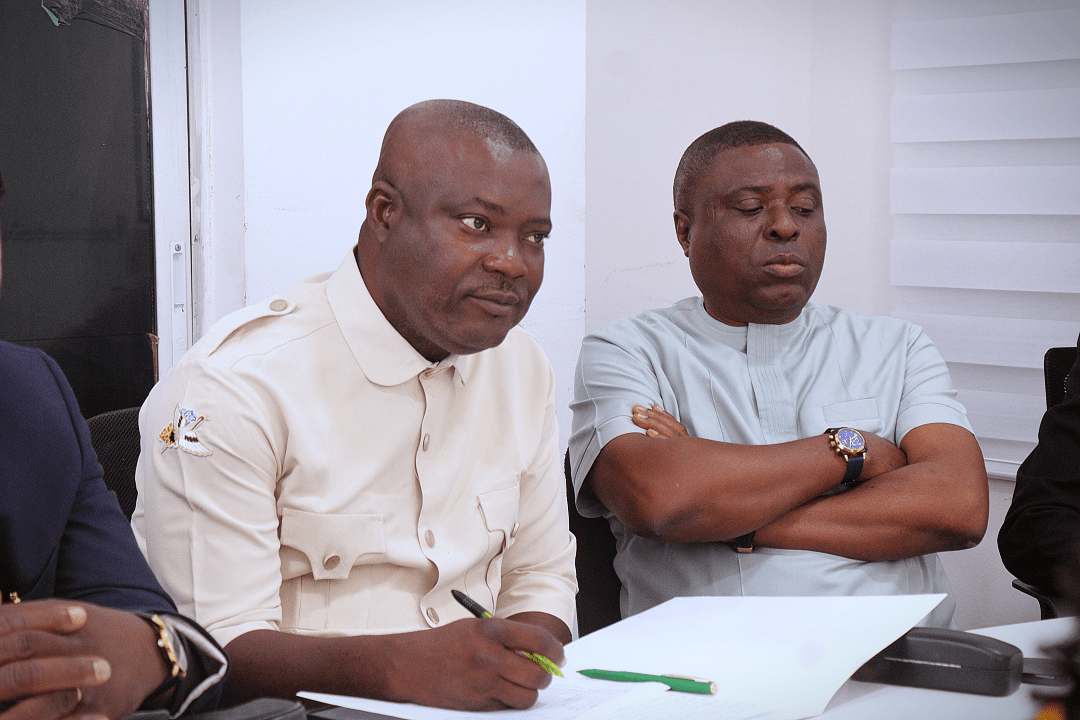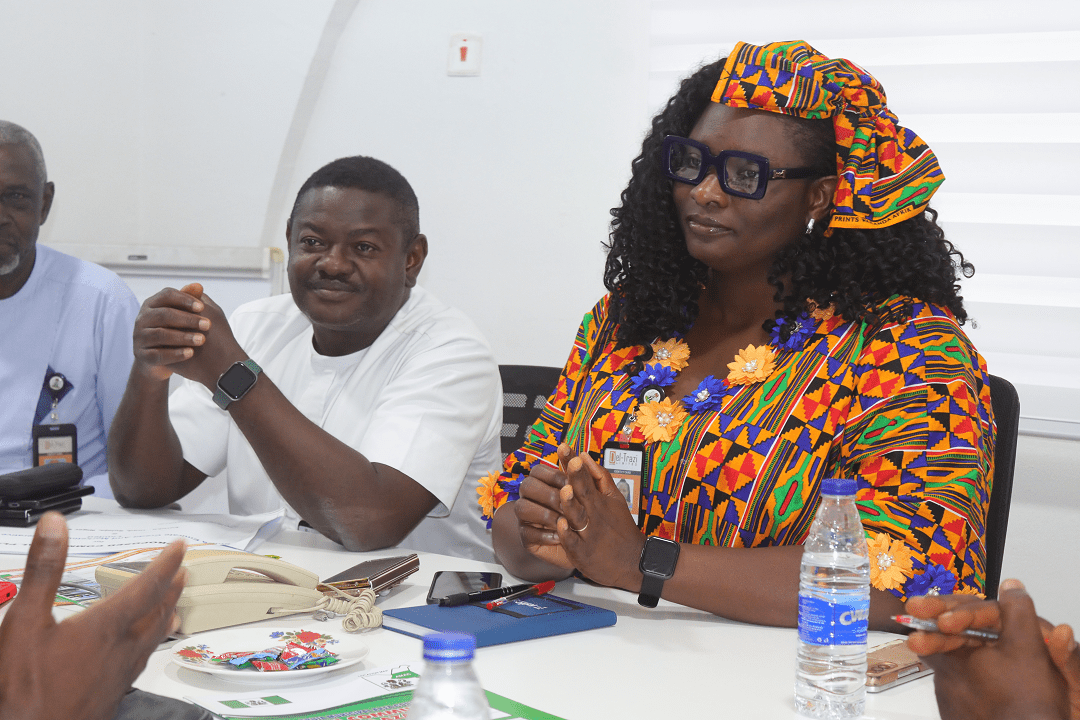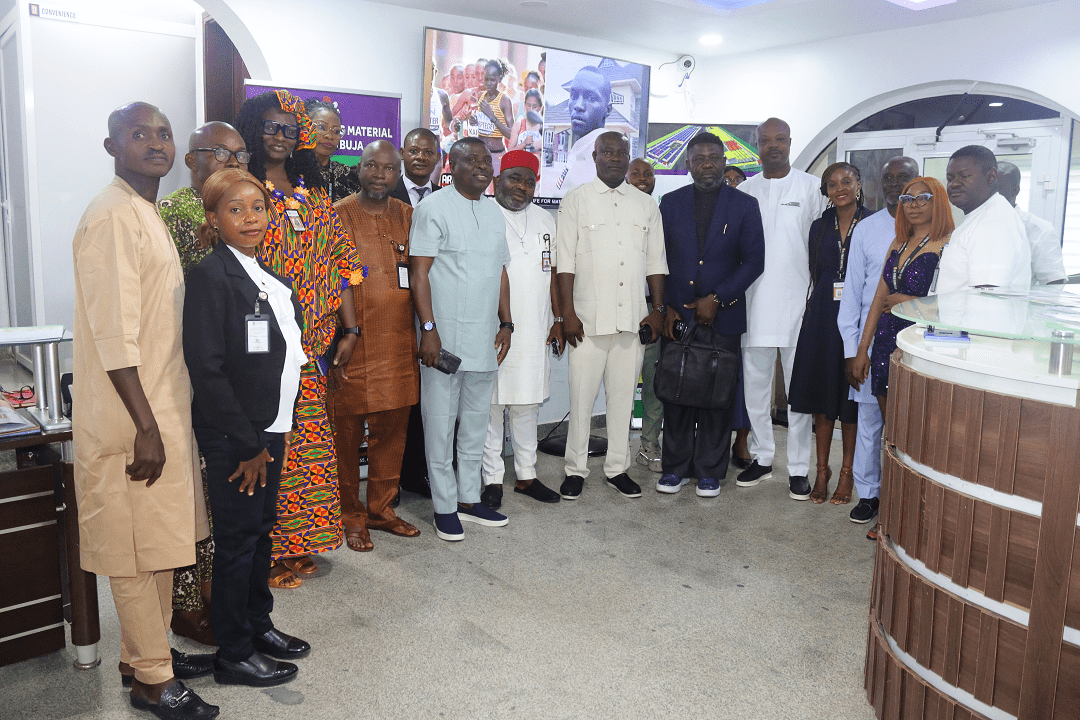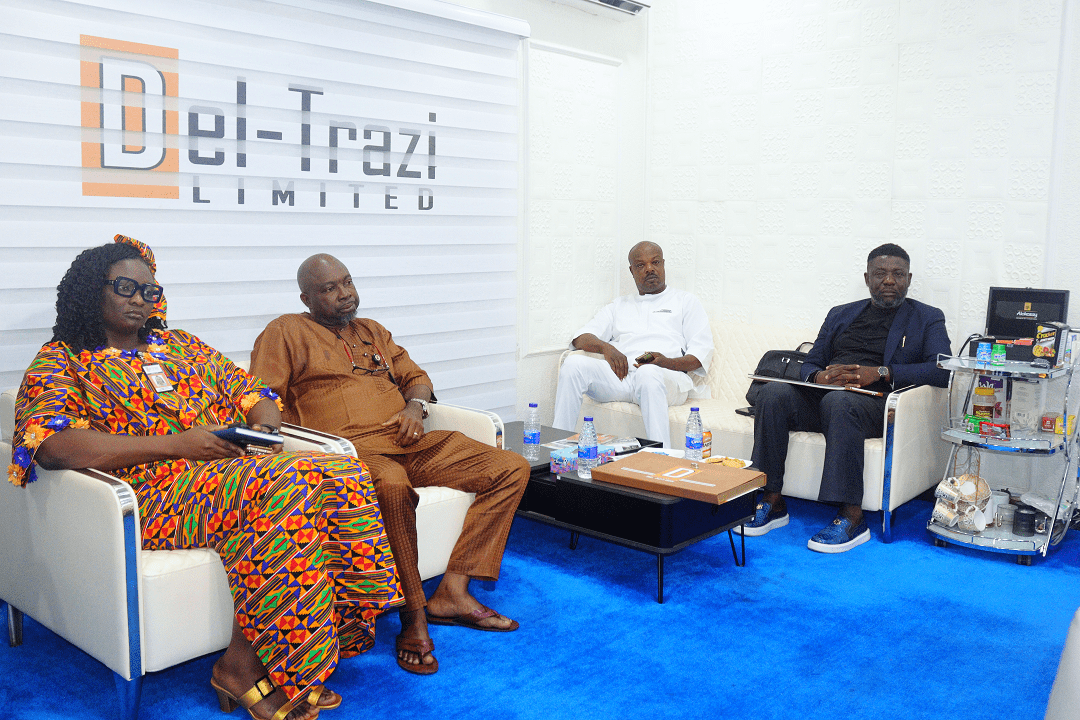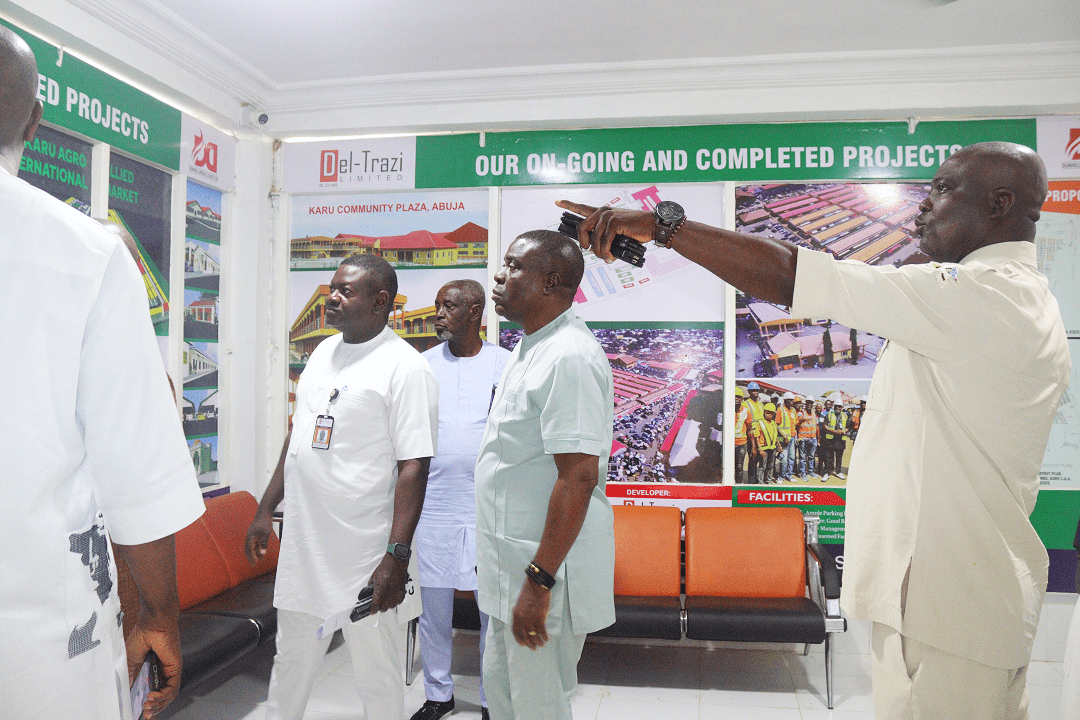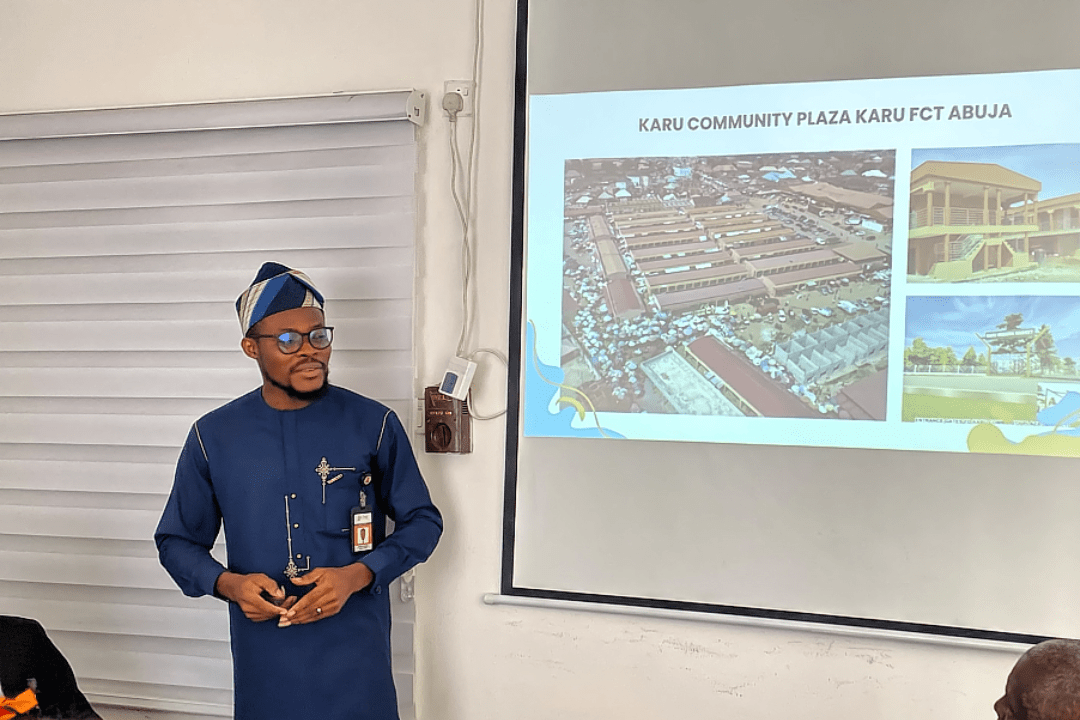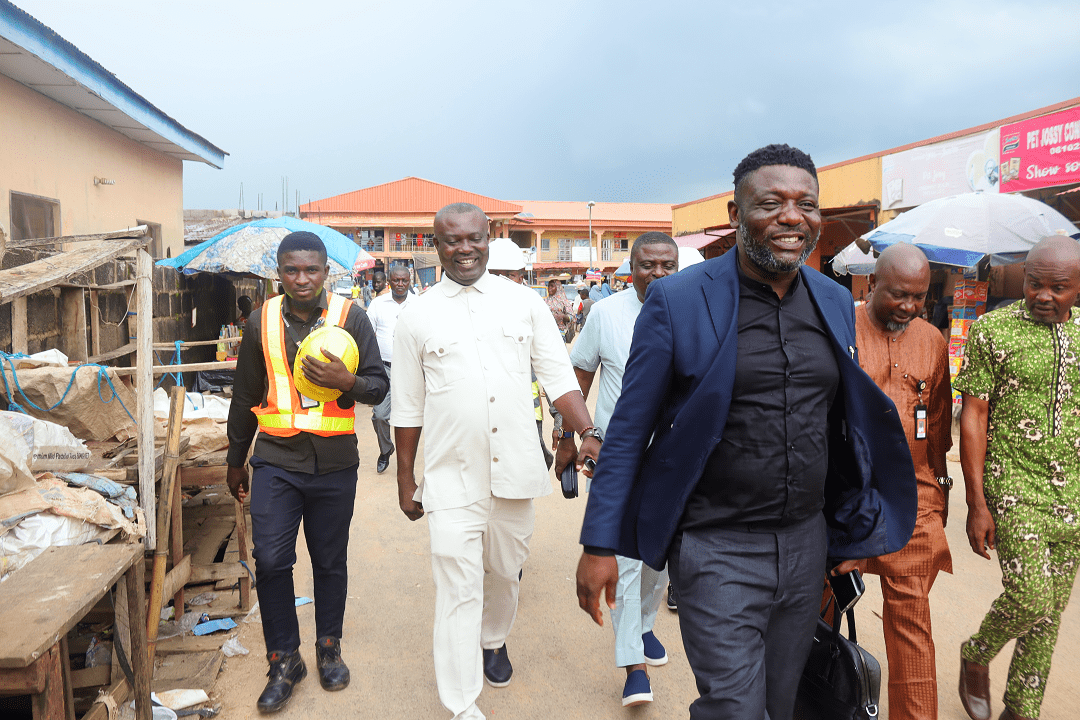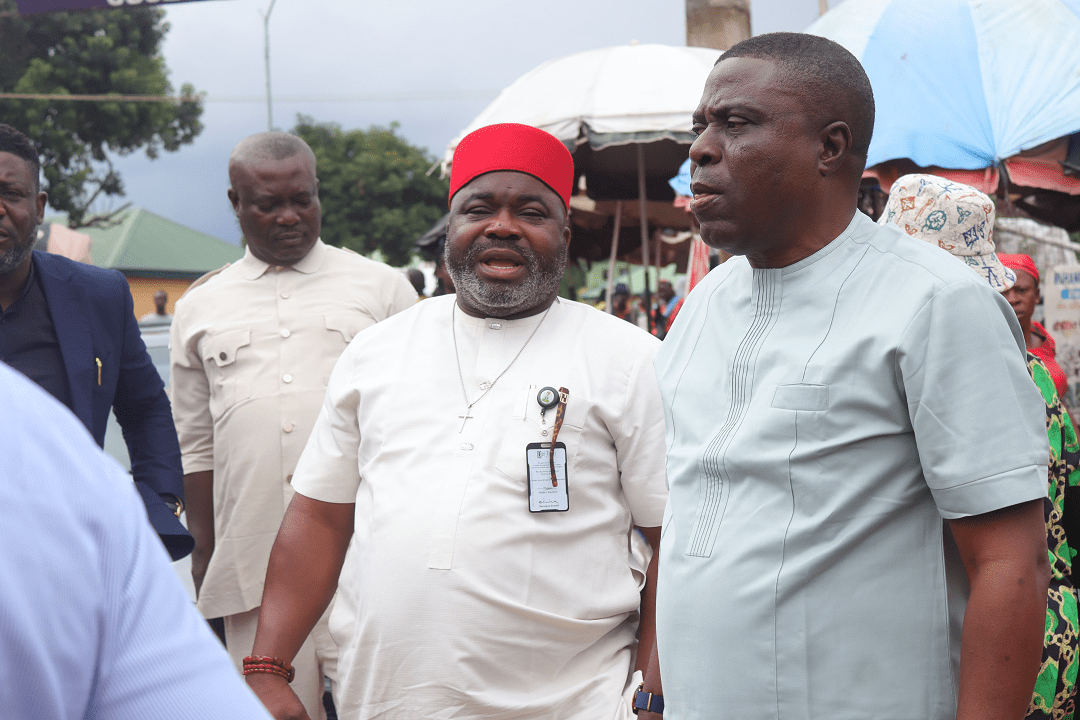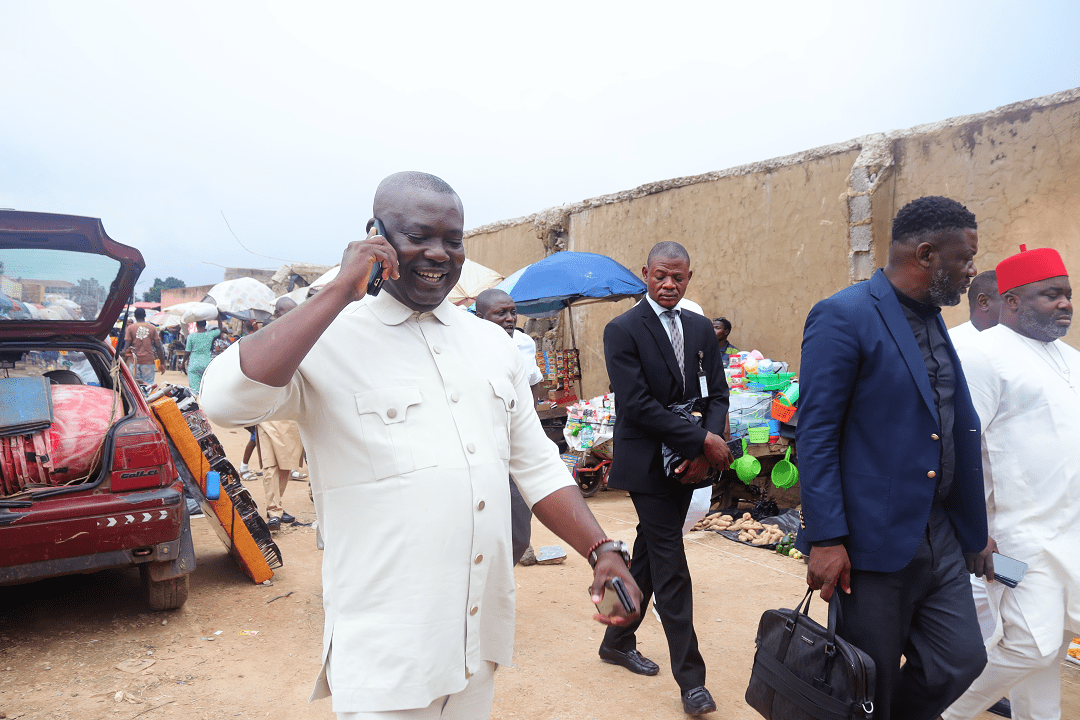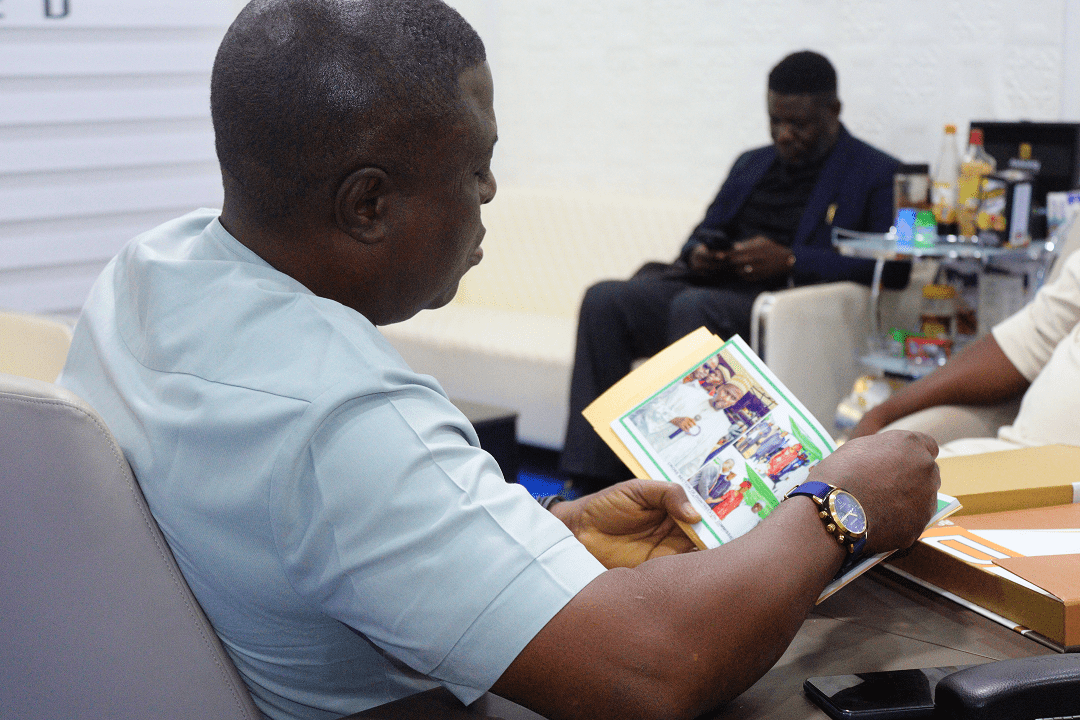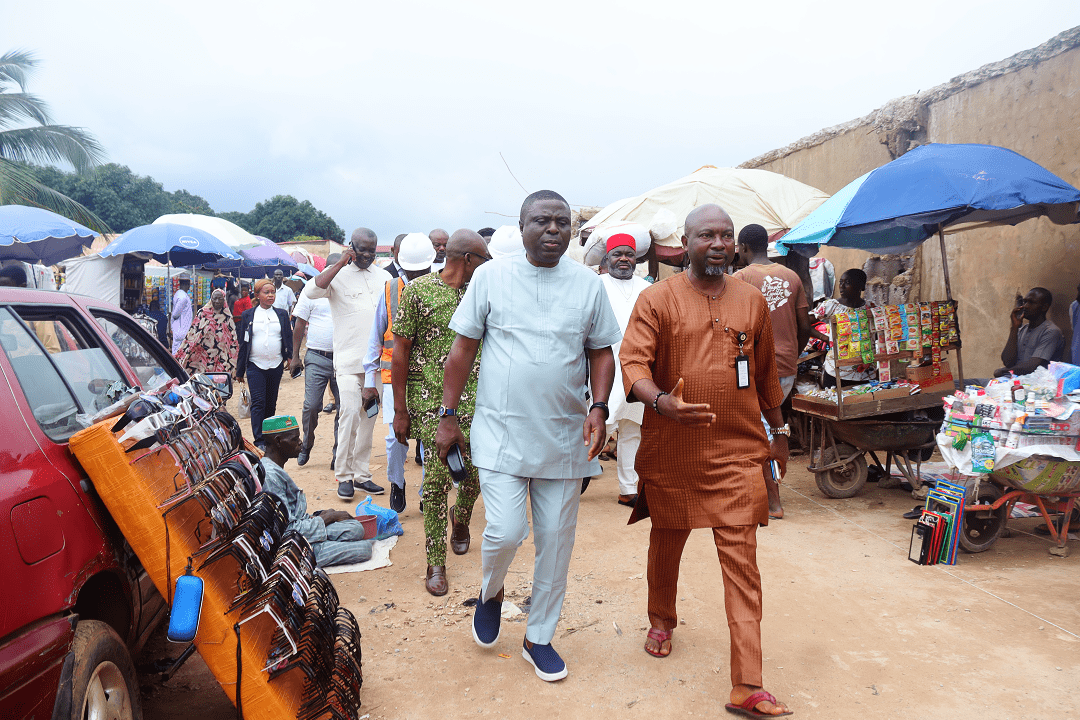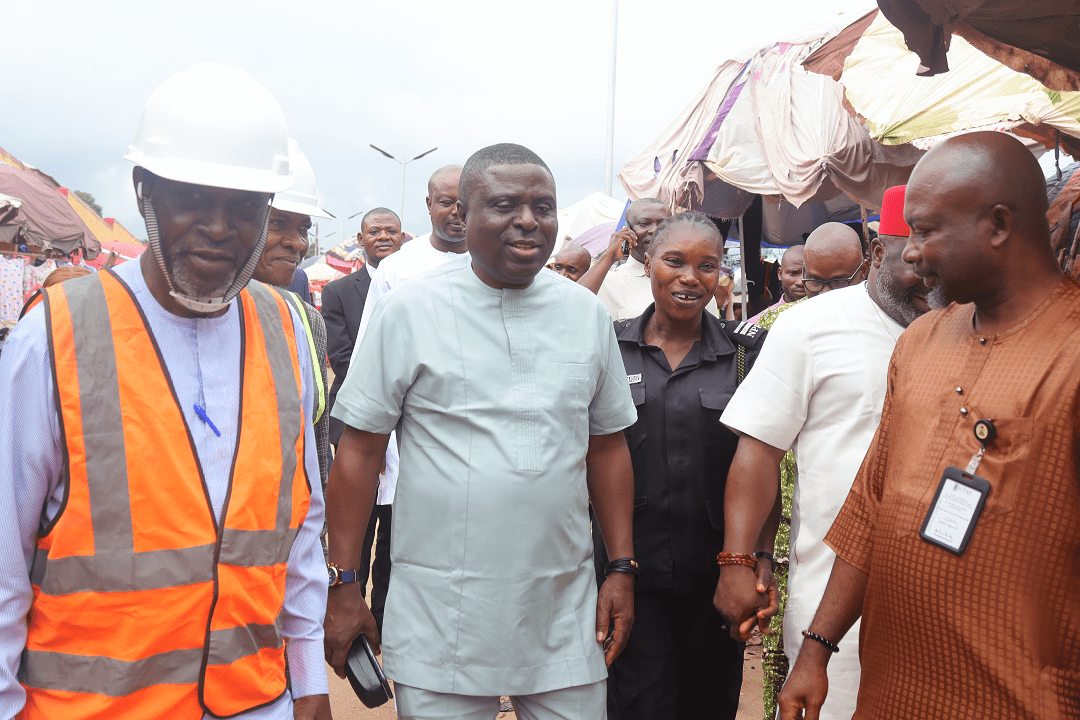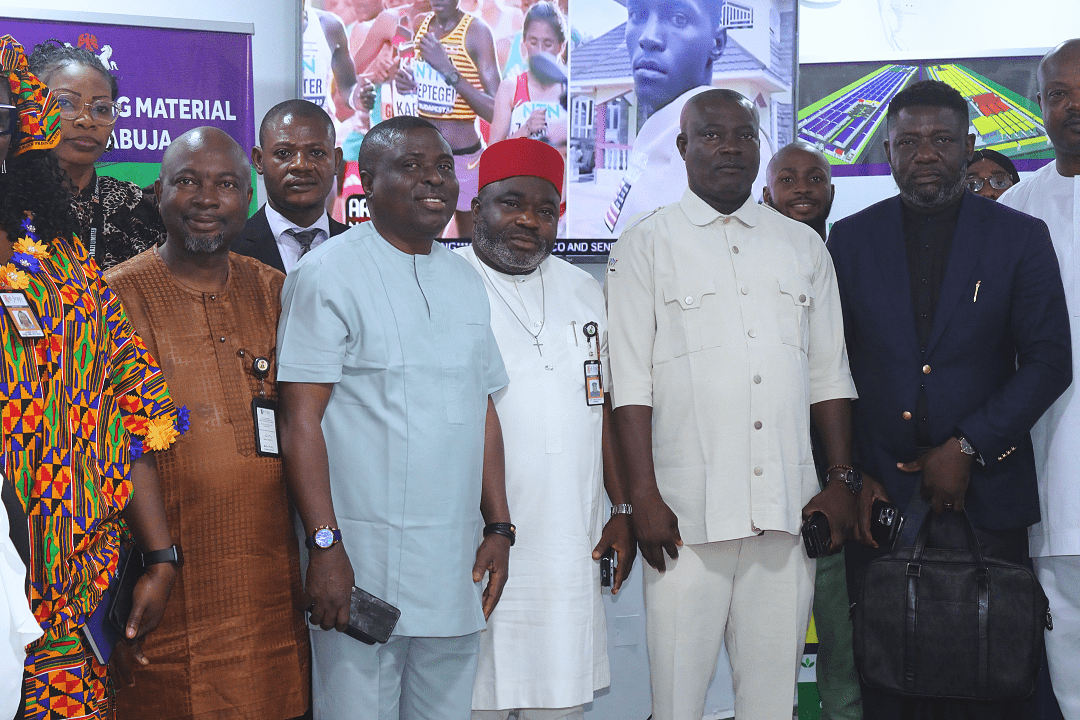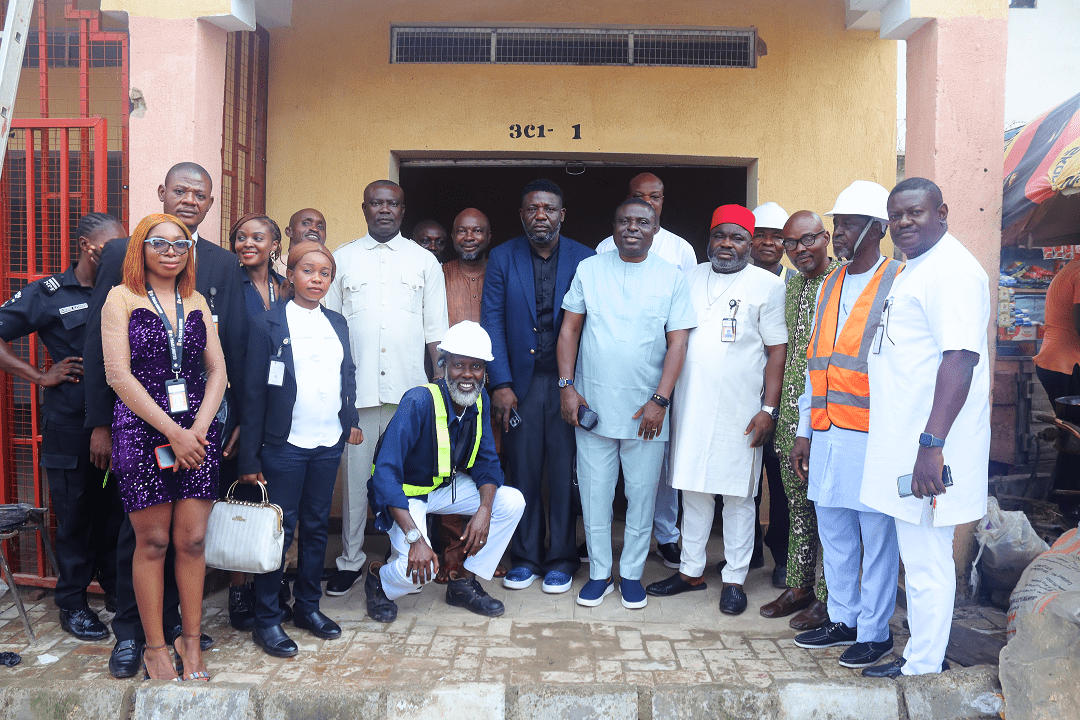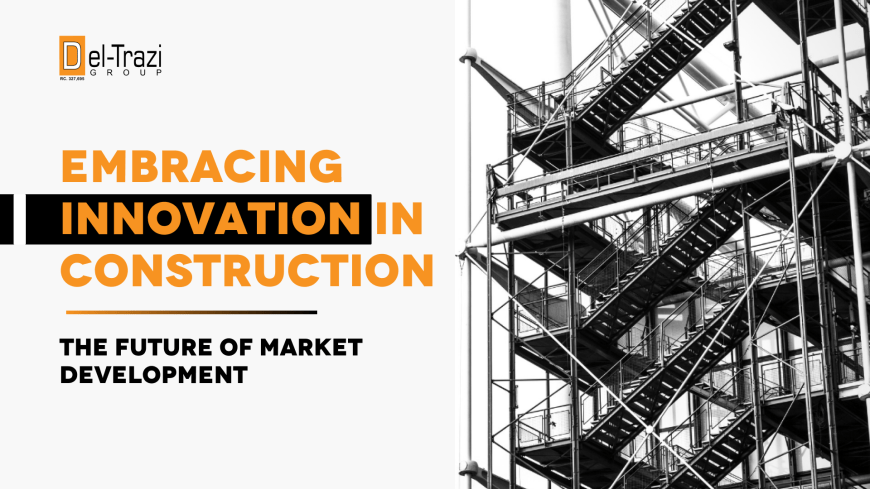A Historic Journey: The Launch of Karu Community Plaza Market
A Historic Journey: The Launch of Karu Community Plaza Market
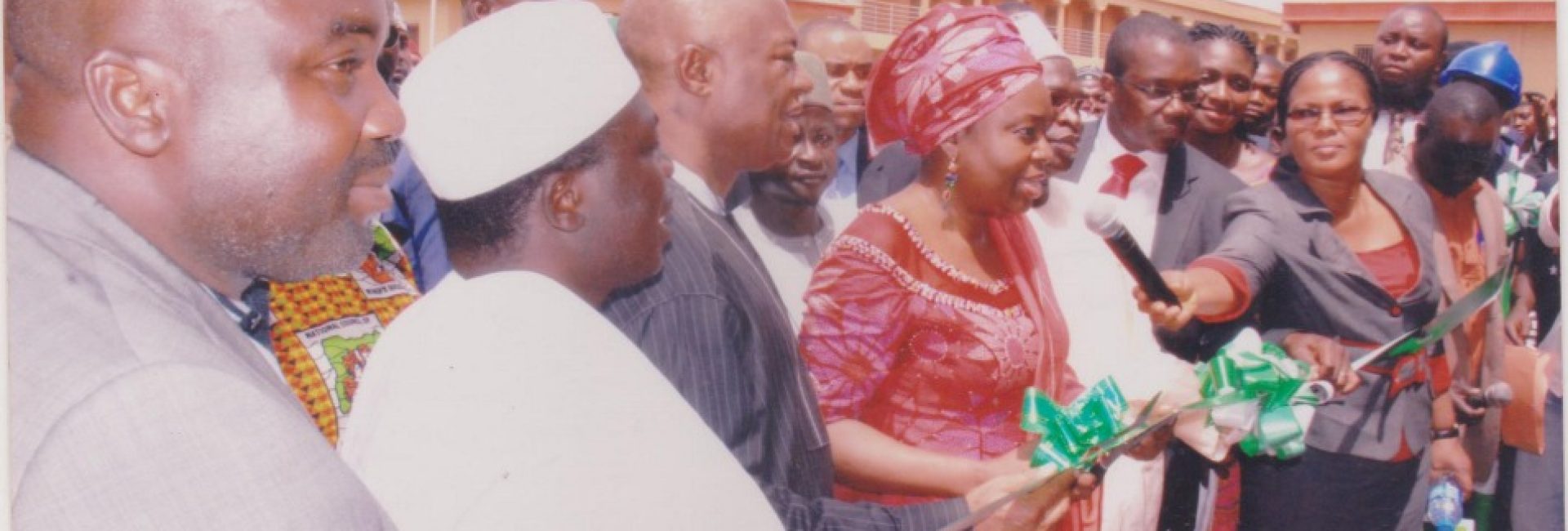
October 16, 2024
The Karu Community Plaza Market stands as a testament to Del-Trazi Limited’s unwavering dedication to transforming local communities through innovative infrastructure. On October 26th, 2009, Del-Trazi Limited was awarded the contract by the Abuja Municipal Area Council (AMAC) and the Federal Capital Territory Administration (FCTA) to redesign, finance, and develop the once-chaotic Karu Village Market. This pivotal project marked the beginning of a new era for Karu, which had long suffered from disorganization and lacked essential facilities.
Del-Trazi’s Strategic Intervention
By 2010, the company’s focus shifted into high gear as planning for the new market began. With an allocation of 6 hectares of land, Del-Trazi envisioned a modern, well-structured market space, incorporating state-of-the-art infrastructure. Their blueprint for the Karu Village Market featured over 1,000 shops, administrative offices, a police and fire service block, banks, and other essential facilities. The design emphasized convenience, safety, and accessibility, providing traders with the opportunity to conduct business in a secure and well-planned environment.
Security and structural integrity were key priorities for Del-Trazi, ensuring that the new Karu market would stand the test of time. The use of durable construction materials and designs that met global safety standards was a significant part of this project’s success. The layout also included paved access roads for ease of movement, drainage systems to prevent flooding, and clear zoning for different business types to promote smooth operations.

The Commissioning of Karu Community Plaza
Thursday, February 19th, 2015, marked the official commissioning of the Karu Community Plaza—a day that symbolized the culmination of years of planning, development, and dedication. The grand opening was attended by numerous dignitaries, celebrating this milestone achievement. Key guests included:
- Alhaji Haliru Bello, Former BOT Chairman of the People’s Democratic Party (PDP)
- Hon. Micah Jibah, Former Chairman of AMAC
- Hon. Mrs. Oloye Olajumoke Akinjide, Honourable Minister of State, FCT
- Hon. Jisolo, Member representing AMAC/BWARI Federal Constituency
During the event, Hon. Engr. Charles Ezeani, Chairman and CEO of Del-Trazi Group, expressed immense pride in the transformation of the Karu market. Their speeches highlighted Del-Trazi’s commitment to uplifting communities and creating economic opportunities for local traders.



The Impact of Karu Community Plaza
Since its commissioning, the Karu Community Plaza has become a thriving hub of commerce and activity, welcoming over 6,000 daily visitors and providing a business platform for over 1,000 traders. The market has contributed significantly to the local economy, facilitating business growth and creating jobs for the residents of Karu and surrounding communities.
The transformation of the Karu market has not only improved the trading conditions but also revitalized the entire area, making it more attractive to both customers and investors. Traders now operate in a safe, well-lit, and strategically planned space, which has increased foot traffic and boosted their businesses.



Through their unwavering commitment, Del-Trazi has helped shape the future of Karu, turning what was once a disorganized market into a beacon of economic growth and opportunity. As they continue to expand their efforts in similar projects across Nigeria, Del-Trazi remains dedicated to improving the lives of the downtrodden and fostering development that benefits both individuals and communities.
Today, Karu Community Plaza stands not just as a market but as a symbol of hope, progress, and the transformative power of infrastructure in Nigeria.
HQ Office
20 Jimmy Carter St, Asokoro, Abuja 900103, Federal Capital Territory
Phone
A Landmark Visit by Delta State Officials to Del-Trazi Group
A Landmark Visit by Delta State Officials to Del-Trazi Group
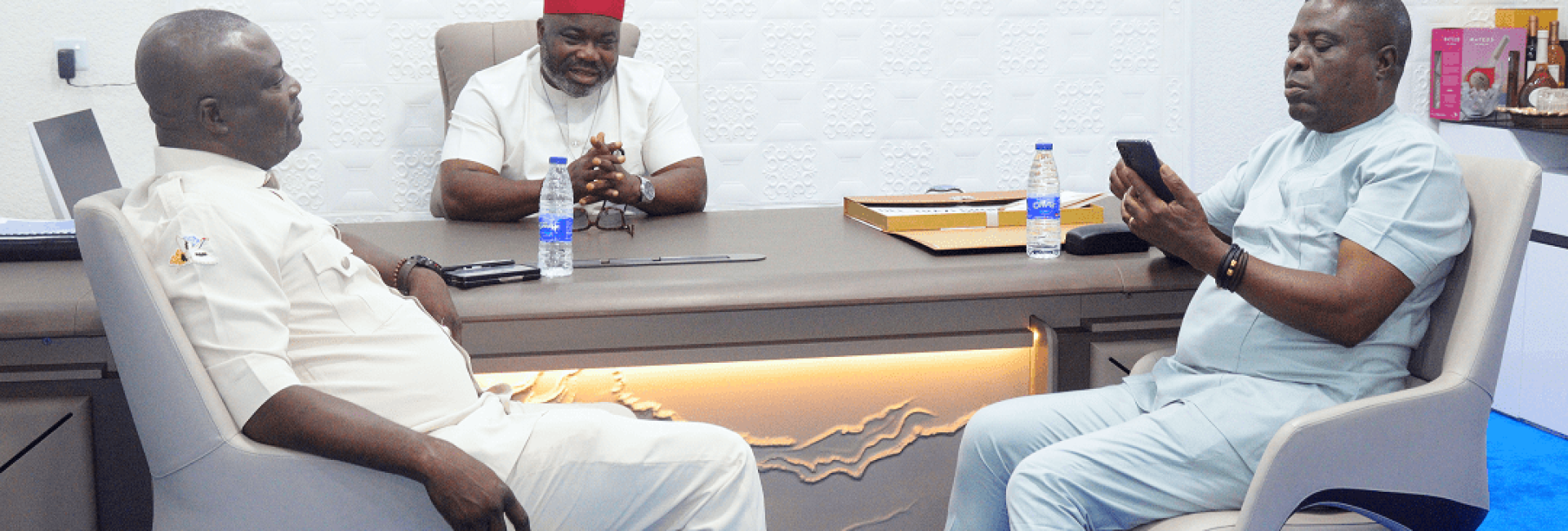
September 10, 2024
Del-Trazi Group had the distinct honor of hosting a prestigious delegation from Delta State, led by His Excellency Rt. Hon. Sheriff Oborevwori, Executive Governor of Delta State, represented by Hon. Samuel Oligida, the Commissioner for Trade and Investment. Alongside Hon. Agbateyiniro Weyinmi Isaac, Executive Chairman of Warri South Local Government Area, and Barr. Tsewo Edema, Chairman of the Warri Investment Development Committee, the delegation visited our head office in Abuja for an insightful engagement.
The meeting was an opportunity to present our company’s achievements, innovative projects, and commitment to driving economic growth and market development across Nigeria. Our Chairman, Hon. Engr. Charles Ezeani MNSE, COREN, led the discussions, supported by our top management team, including Chuka Obiora (Managing Director/COO), Queendaline Ujunwa (Executive Director), Ejike Okafor (Director – Budget, Cost Control, and Monitoring), Engr. Nnamdi Osuji (Director of Engineering Services), Barr. Beatrice Okonkwo (Human Resource & Legal), and Nyiam Ulysses Peter (Head of Finance).
At our Abuja office on 20 Jimmy Carter Street, Asokoro, the team conducted an extensive presentation highlighting our notable projects, infrastructure expertise, and ongoing developments aimed at improving market infrastructure for low-income earners and marginalized communities. This was followed by an insightful site tour of some of Del-Trazi Group’s landmark projects in Abuja, offering the delegation a first-hand look at the tangible impact our initiatives are making in local communities.
The visit reinforced Del-Trazi Group’s dedication to partnering with state governments and key stakeholders to foster sustainable development. By leveraging our expertise, we aim to create vibrant spaces that drive economic growth and enhance the livelihoods of traders, farmers, and low-income earners.
This collaboration marks a step forward in strengthening relationships between public and private sectors, ensuring mutual benefits for both parties, and contributing to Nigeria’s development.
Stay tuned for more updates on our ongoing projects and collaborations!
HQ Office
20 Jimmy Carter St, Asokoro, Abuja 900103, Federal Capital Territory
Phone
Embracing Innovation in Construction: The Future of Market Development
Embracing Innovation in Construction: The Future of Market Development
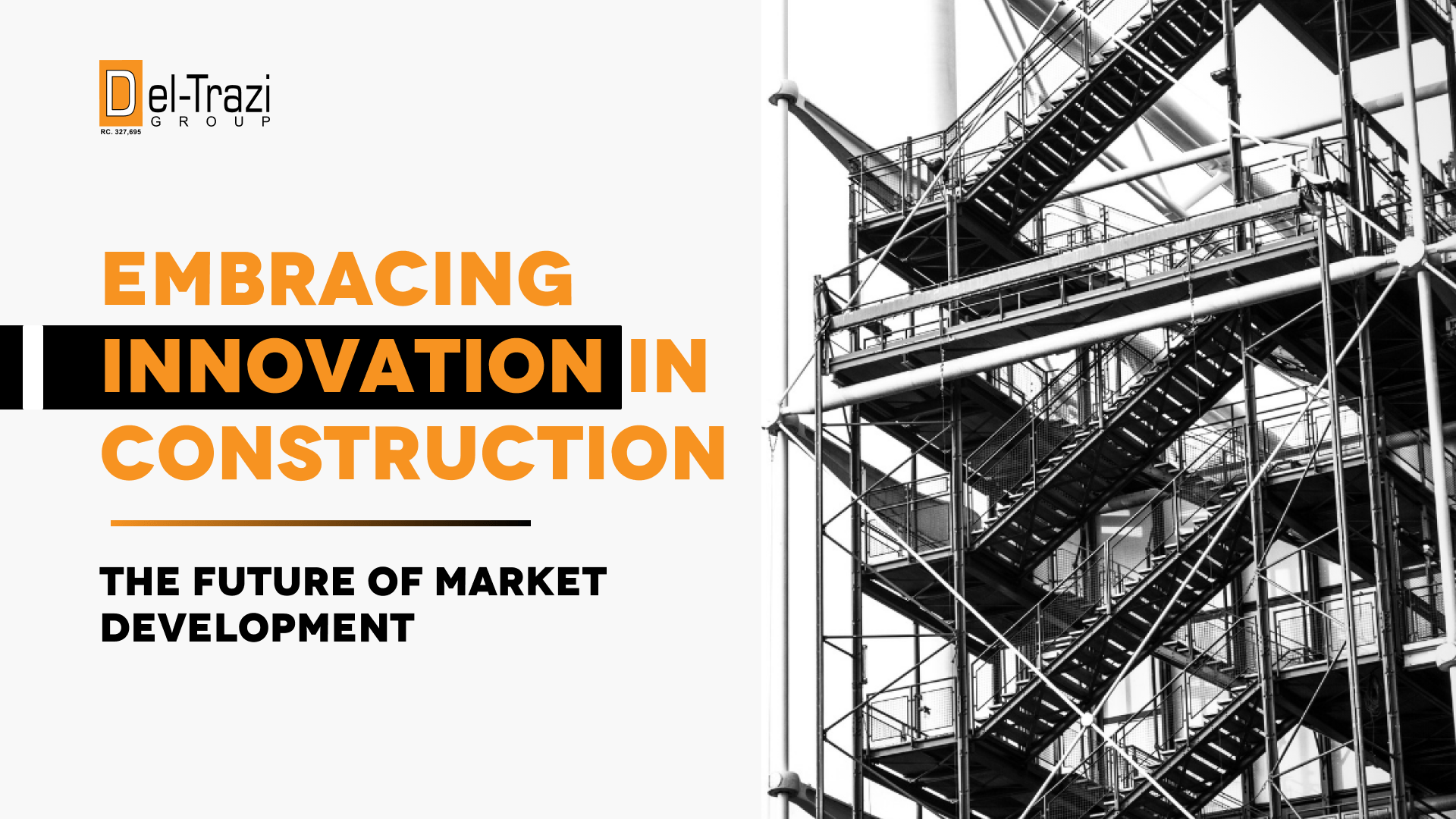
Innovation is transforming how we build and develop markets, especially across Africa. As demand for more efficient, sustainable, and accessible markets grows, the construction industry must evolve. Here’s how innovation is shaping the future of market construction:
1. Smart Infrastructure:
Integrating advanced technologies into construction projects allows for greater energy efficiency, improved security, and easier maintenance. This is critical for modern market spaces, where sustainability and functionality are key.
2. Sustainable Building Materials:
Adopting eco-friendly materials like recycled steel, bamboo, or even solar panels is an emerging trend. These materials lower the environmental footprint and offer long-term benefits to market spaces by reducing operational costs and enhancing durability.
3. Modular Construction:
Pre-fabrication techniques allow for quicker and more cost-effective construction. This method can shorten the time to build market spaces, enabling communities to benefit from infrastructure sooner.
4. Data-Driven Design:
Using data to guide market design ensures spaces meet the specific needs of vendors and customers. This approach not only optimizes functionality but also encourages inclusivity by creating spaces that are accessible to all.
5. Green Certifications:
Markets built with sustainability at their core are increasingly sought after. Certification systems like LEED (Leadership in Energy and Environmental Design) provide benchmarks for constructing energy-efficient, sustainable market spaces.
Conclusion:
Innovation in construction is more than just a trend—it’s a necessity for the future of market development. By embracing smart, sustainable, and data-driven approaches, we can create vibrant market spaces that meet the needs of vendors, customers, and the environment.
HQ Office
20 Jimmy Carter St, Asokoro, Abuja 900103, Federal Capital Territory

